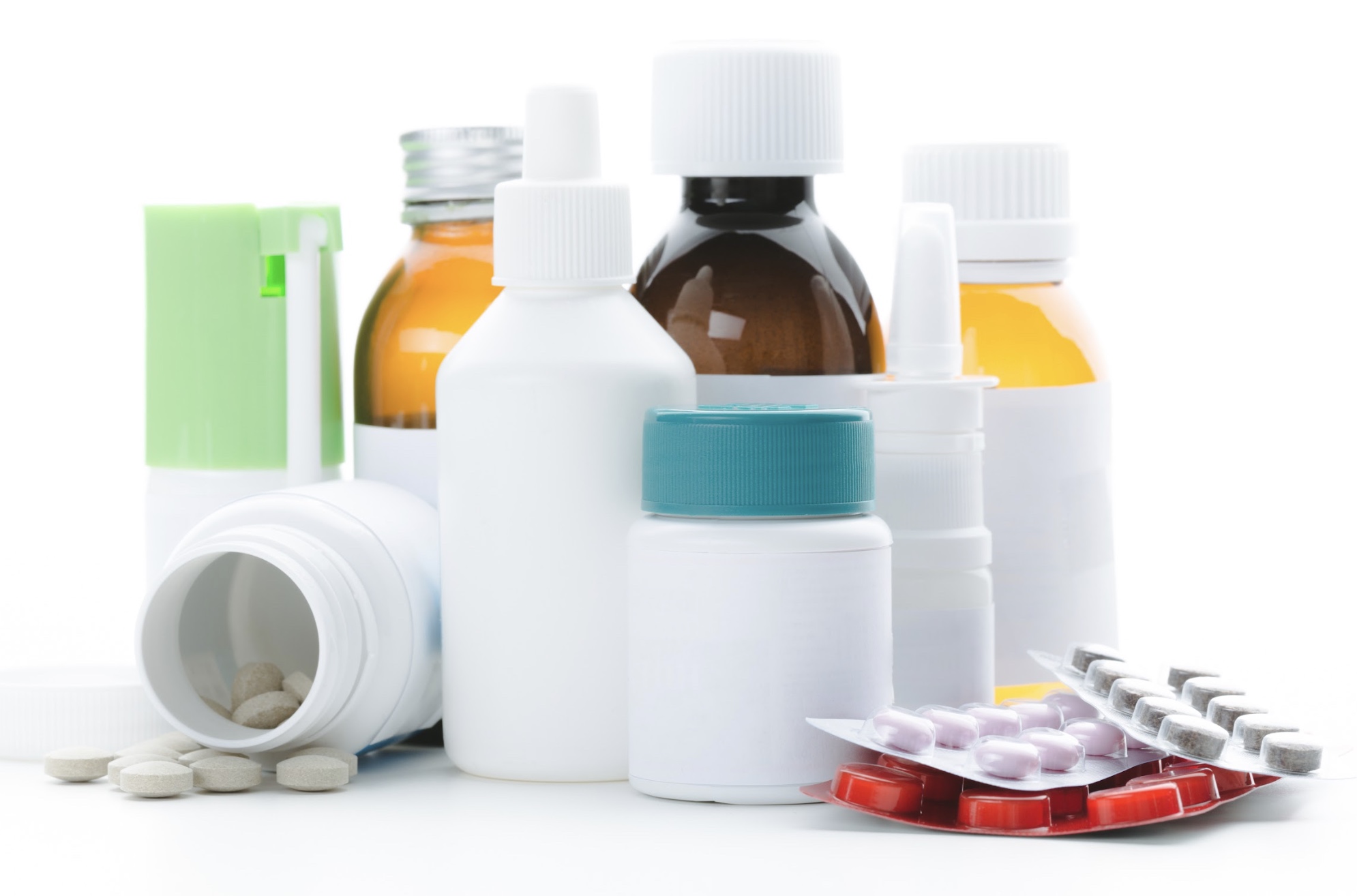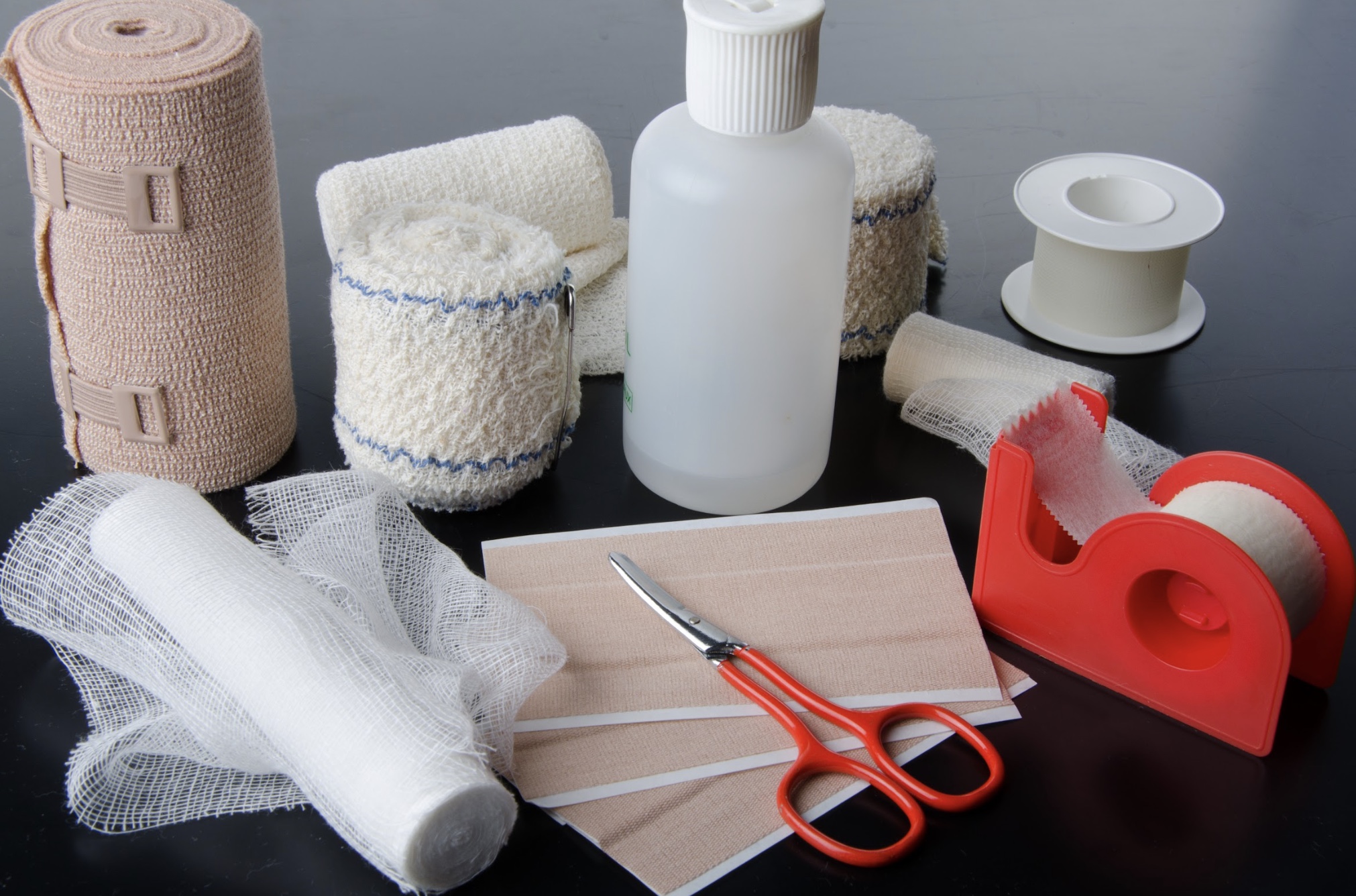Regardless of age, gender, or where you live, you’ll always need a medicine cabinet. Sometimes pain strikes, and you need something to get rid of it. What about when your child develops a fever? Do you have a thermometer to know how high the temperature is? What about when they develop diarrhea? Do you have any medication to prevent their stool from becoming too watery?
When you experience such situations, you need some medicines to improve symptoms before seeing a doctor. If you’re yet to know which Pharmacy Products you should have within your reach, read along to learn.
Chapter Overview
1. Pain Relievers
You’re bound to experience pain caused by different factors from time to time. It’s therefore vital to have some pain relievers in your medicine cabinet. When selecting pain killers, it’s essential to note that some should be taken after every 12 hours while others after every four hours. With this in mind, you’ll be able to make a wise decision on which to choose depending on your family’s requirements.
If you have young ones in your home, ensure to stock some children’s painkillers. Remember, if you find it challenging to select the best pain relievers for children, it’s advisable to see a health practitioner for advice on the same.
2. Petroleum Jelly
Petroleum jelly does wonders on various occasions. It helps with diaper rash, prevents chafing, cares for the skin, speeds wound healing, and rehydrates dry nails.
For makeup lovers, petroleum jelly is a fantastic makeup remover. To benefit from its positivity, ensure to have some in your medicine cabinet.
3. Anti-Diarrheal
If you have small children or are living with an older adult, anti-diarrheal should always be in your medicine cabinet. Such medications slow down the gut’s movement, decreasing its movements while making the stool less watery. Consider an anti-diarrheal as a lifesaver.
4. Allergy Medication
Depending on the season and where you live, your medicine cabinet should have antihistamines and eye drops. When shopping for antihistamines, remember to purchase drowsy ones for the night and non-drowsy ones to be used during the day. You don’t want to drive or work sleepily following the use of a drowsy antihistamine during the day.
5. A Digital Thermometer
According to health practitioners, an adult with more than 103ºF should call a doctor as soon as possible. For children, it varies with age. Therefore, having a digital thermometer handy is essential to understand when your temperature is beyond ordinary.
Fortunately, typical digital thermometers are cheap and easily accessible. They also provide accurate readings for children and adults.
6. Lots Of Bandages
According to The American Red Cross, a family of four should always have a stock of the following essentials for the first aid: a role of adhesive cloth tape, 25 adhesive bandages of different sizes, two roller bandages, ten sterile gauze pads, and two five by nine absorbent compress dressings.
Alongside these first aid essentials, you should know how to perform first aid and care for the wound.
7. Decongestants
You might experience a cold that makes it difficult to breathe through the nose from time to time. In such events, you might require a decongestant to improve the symptoms. Decongestants with phenylephrine can help with blocked noses but are sold behind the counter since some people use it illegally. Therefore, you have to ask a pharmacist for such decongestants if you need some.
8. Antacids
When you experience unbearable heartburn pain, over-the-counter antacids might help relieve the pain. When choosing antacids, look for those with magnesium or calcium carbonate to immediately relieve the pain. However, if you experience frequent heartburn, it’s important to consult a doctor to determine the cause and treat you accordingly.
9. Instant Cold Compresses
Cold compresses limit bruising, numb pain, and reduce swelling. It’s therefore essential to have an instant cold compress in your medicine cabinet since you might not know when you’ll need them. You can also use a bag of frozen peas to substitute cold compresses, but the American Red Cross recommends using instant compresses, which require squeezing to activate.

10. Tweezers
Most people never knew they should have tweezers in their medicine cabinets. Tweezers are essential for pulling out splinters. According to The Centers for Disease Control and Prevention (CDC), pointy tweezers are perfect for removing an embedded tick.
Conclusion
What your medicine cabinet contains is really important. From regular maintenance to first aid kit to medicines to pill organizers. It is also a must to know how to store them properly, how to use a pill organizer, and how to keep them sanitized and safe to take. Pain and injuries are inevitable in everyday life. They interfere with everyday life, slowing one’s progress. Fortunately, some pains and injuries don’t require a specialist to improve. All you need is essential medicines within your reach, and you’re good to go. Consider having the above-mentioned medicines in your medicine cabinet to ensure you’re ready to fight major pains and injuries. Remember, it’s always right to consult your doctor if you don’t know the specific medicine you need to purchase.

